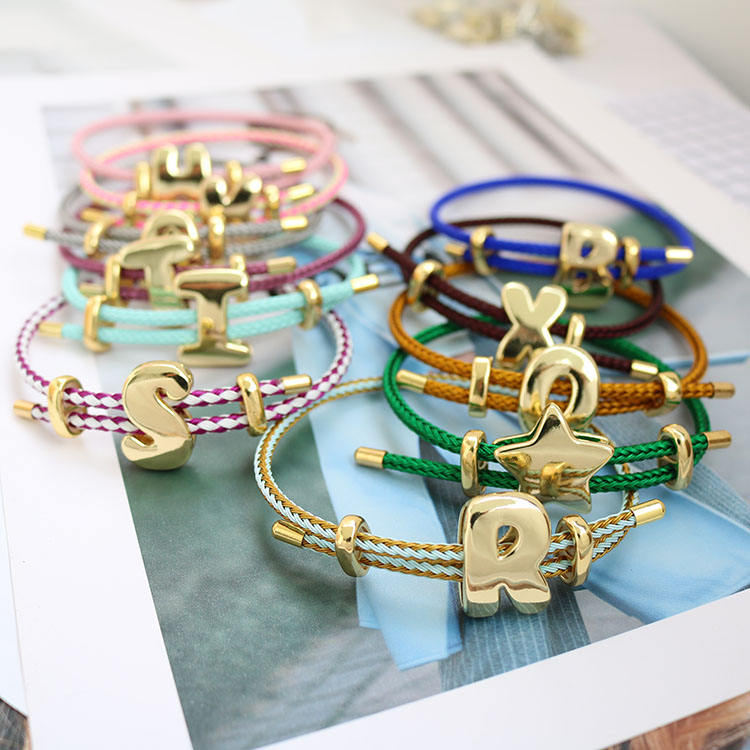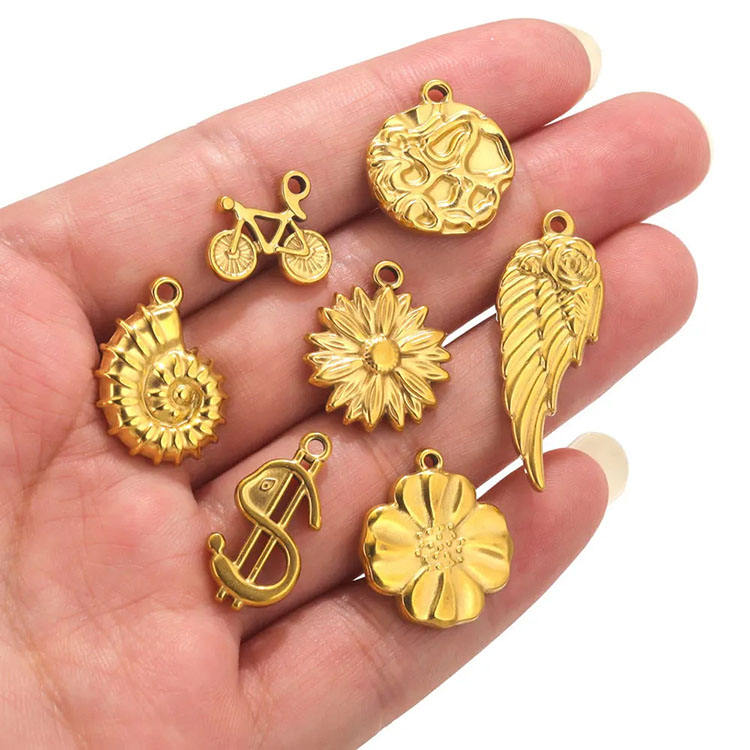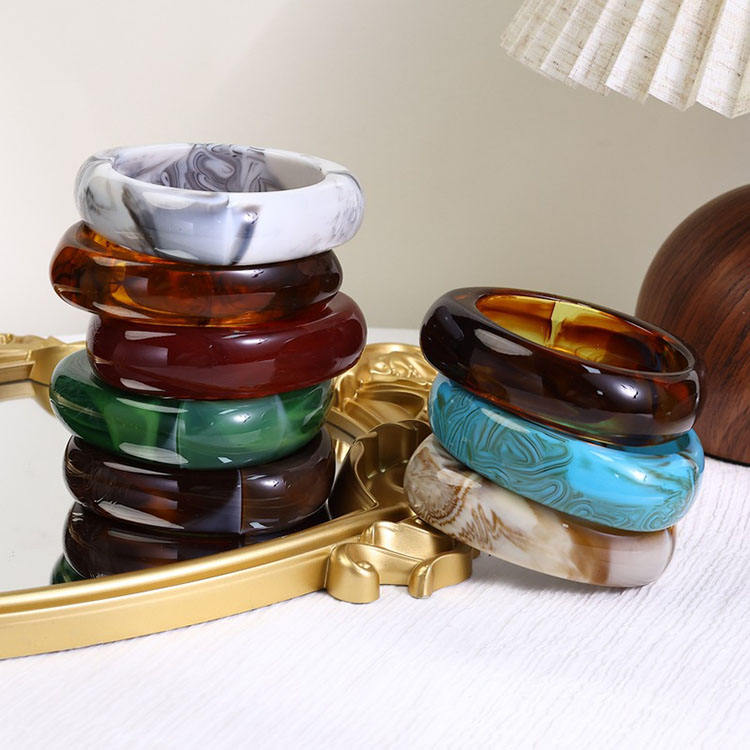Current Trends and Advantages of Copper Jewelry Accessories in Western Markets
Copper jewelry accessories in Western markets are experiencing dynamic growth, driven by cultural revival, sustainability values, and the material’s inherent strengths. Below is an analysis of key trends and competitive advantages:
Revival of Vintage Craftsmanship & Eastern Aesthetics
European designers are blending traditional Japanese techniques with modern aesthetics. For example, shakudō—a copper alloy (94% copper, 4% gold) treated to develop a black patina—is being revived for miniature浮雕 jewelry depicting scenes like fishing boats or samurai, merging historical narratives with minimalist designs. Similarly, German brand Werkstatt München crafts Gothic-inspired copper pieces using precision instrument techniques, while Belgian designers integrate architectural deconstruction for a distinct "dark avant-garde" style.
Sustainable Fashion & Eco-Material Adoption
Copper’s recyclability has become a core marketing focus. Brands are adopting lead-free alloys and leveraging sustainability certifications to appeal to eco-conscious consumers. Portuguese designers, for instance, experiment with cork-copper hybrids to balance innovation and environmental responsibility.
Personalization & Layered Styling
Western consumers embrace mix-and-match copper accessories to express individuality, such as pairing "coin necklaces" with sleek snake chains for French-inspired casual elegance. Modular designs like adjustable rings and C-shaped ear cuffs also cater to diverse styling needs.
Versatility in Craftsmanship
Copper’s malleability and moderate melting point enable intricate techniques like lace-like engraving, 3D printing, and micro浮雕 at lower costs than precious metals.
Antimicrobial Properties
Scientifically proven to inhibit 99% of common pathogens through ion release, copper is ideal for skin-contact items (e.g., earrings, bracelets), aligning with post-pandemic health priorities.
Cost Efficiency & Market Flexibility
Copper’s affordability allows brands to target multiple segments: gold-plated pieces attract mid-range buyers, while rare alloys like shakudō appeal to collectors.
Durability & Circular Economy Appeal
High corrosion resistance extends product lifespan, and its 90% recyclability complies with EU sustainability regulations, reinforcing consumer trust in eco-conscious brands.
Despite growing popularity, issues like plating wear (e.g., sub-2μm gold layers) and lead contamination require attention. Future innovation may focus on lead-free alloys, AI-driven customization (e.g., 3D printing with user data), and hybrid materials (e.g., copper-ceramic composites) to expand applications.
Request a Wholesale Quote or Catalog → Contact Our Sales Team









